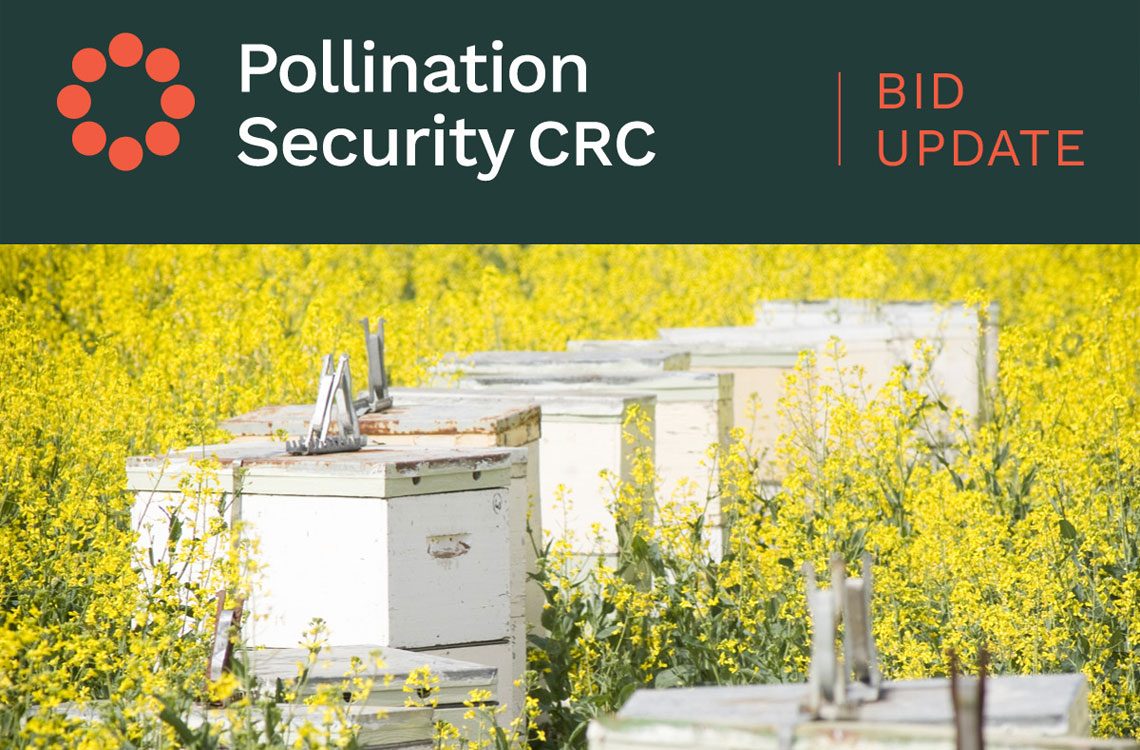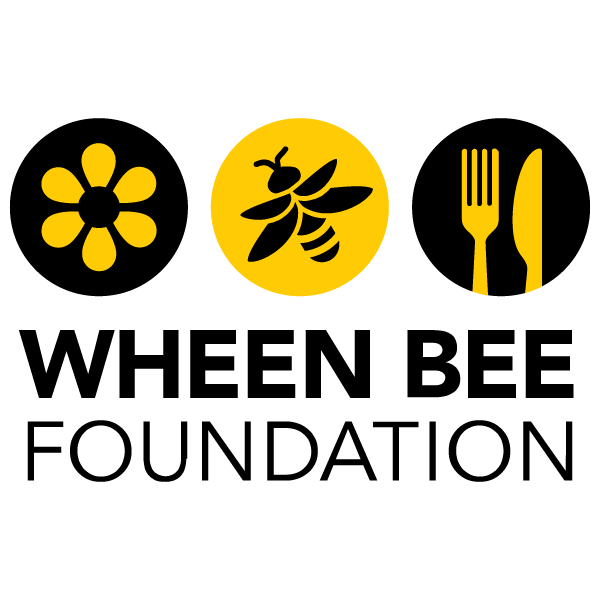News & Media

New Pollination Security CRC appointments
- January 31, 2023
- | News & Media
The Pollination Security CRC will bring together industry, research organisations and communities to improve Australia’s pollination capabilities and outcomes. Round 24 of CRC funding is now open, with applications closing on 7 March 2023.
The Pollination Security CRC will undertake research to improve pollination security and coordinated risk management, build capacity and increased awareness across pollinator-dependent sectors, reduce the risk associated with insect pollination and implement industry level practice change. Overall, this research will strengthen Australia’s food security and ecosystem health.
The Pollination Security CRC has four key research areas:
- Pollinator Ecosystems: sustainable management of the pollination ecosystem.
- Managed Pollinators: improving management of the pollinator and supply chain.
- Efficient Crop Pollination: increasing pollination efficacy.
- Platform Technologies: technology supporting the research.
Each research area will be led by a Program Leader, with the whole scientific program overseen by a Chief Scientist. We are pleased to announce these five appointments have been made.

Chief Scientist
Professor Saul Cunningham
Professor Saul Cunningham will take the role of Chief Scientist. Professor Cunningham is a prominent academic in the field of crop pollination in Australia, with more than 30 years of research experience. He has worked with industry to improve pollination outcomes from managed honey bees and from wild pollinators. He has also played a role in helping growers and beekeepers prepare for the arrival of Varroa destructor. His work was recognised with the Australian Ecology Research Award in 2015.
Professor Cunningham has substantial leadership experience, working as the Director of the Fenner School of Environment and Society at ANU, a world-leading centre for environmental and sustainability research. In this role he is responsible for the school’s approximately $18 million budget.

Program Leader: Pollinator Ecosystems
Associate Professor Romina Rader
Associate Professor Romina Rader will lead the Pollinator Ecosystems program. Associate Professor Rader is a community ecologist with expertise in crop pollination by wild and managed insects. As Program Leader, Associate Professor Rader will contribute her expertise in crop pollination and pollinator ecology to act as a conduit between industry and research partners, to support stakeholders, guide research directions and liaise with industry and research partners to deliver high impact, high quality, industry-led research.
Associate Professor Rader has a strong track record of building and managing collaborations across industry, research and government institutions, leading to industry-relevant management and policy. Over the past 10 years, she has led nine major research projects involving researchers and industry. Her work has attracted significant grant income of more than $8,400,000 in eight years.

Program Leader: Managed Pollinators
Dr Denis Anderson
Dr Denis Anderson will lead the Managed Pollinators program. The bulk of this research project relates to honey bees, the largest managed pollinator species. Dr Anderson is an international expert in identifying honey bee diseases. He is best known for his work identifying, naming and clarifying the host-relationships of the two most serious pests for honey bees, Varroa destructor and Tropilaelaps mercedesae.
Dr Anderson’s work at CSIRO as Team Leader of the Bee Pathology and Pollination Biosecurity laboratory resulted in him being internationally recognised as a preeminent researcher in this area. This work led him to be awarded The CSIRO Medal, the highest award for research in CSIRO.

Program Leader: Efficient Crop Pollination
Professor Alistair Gracie
Professor Alistair Gracie will lead the Efficient Crop Pollination program. Professor Gracie is an internationally recognised researcher. His work is industry-focussed with the goal of providing practical solutions to improve sustainability and deliver economic benefits.
Professor Gracie’s work in pollination has ranged from seed production in eucalyptus seed orchards and high-value hybrid vegetable seed crops to impacts on secondary metabolites in industrial crops to fruit set and quality in perennial fruit crops.

Program Leader: Platform Technologies
Associate Professor Alan Dorin
Associate Professor Alan Dorin will lead the Platform Technologies program. As lead of the Computational and Collective Intelligence group at Monash University, his expertise bridges Computer Science, Artificial Life and Computational Ecology. For the past decade he has focused on simulations of pollination and insect-plant relationships.
Associate Professor Dorin’s research team develops practical tools and simulations to monitor and predict animal-ecosystem interactions. His aim is to provide tools to investigate insect behaviour under complex conditions, to help secure agriculture and sustain healthy, diverse natural ecosystems.
Share this post
The Latest Buzz newsletter
View our past newsletters and subscribe below.
Subscribe
Subscribe to our newsletter to keep informed about our important work. We’ll also keep you up-to-date with all the latest news, industry information and events.



